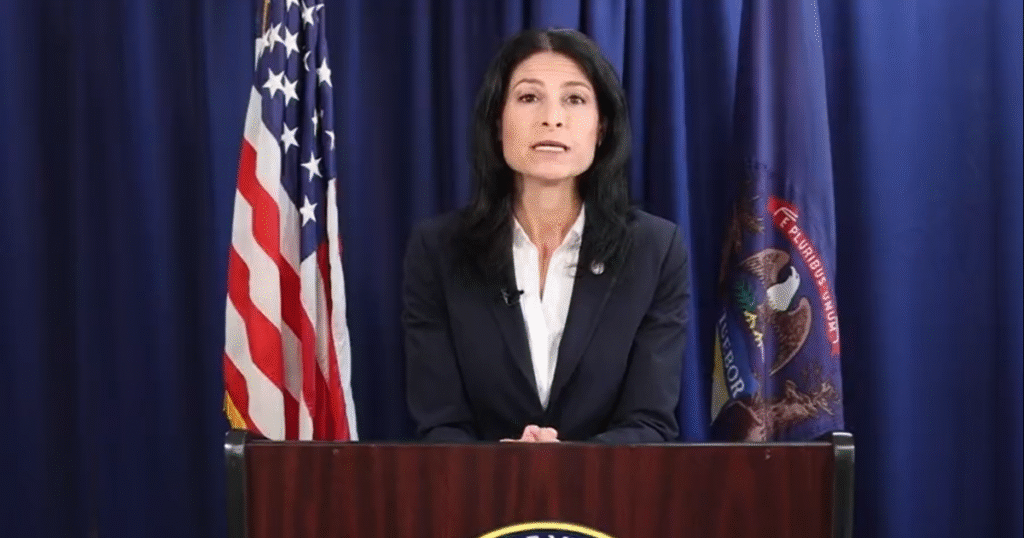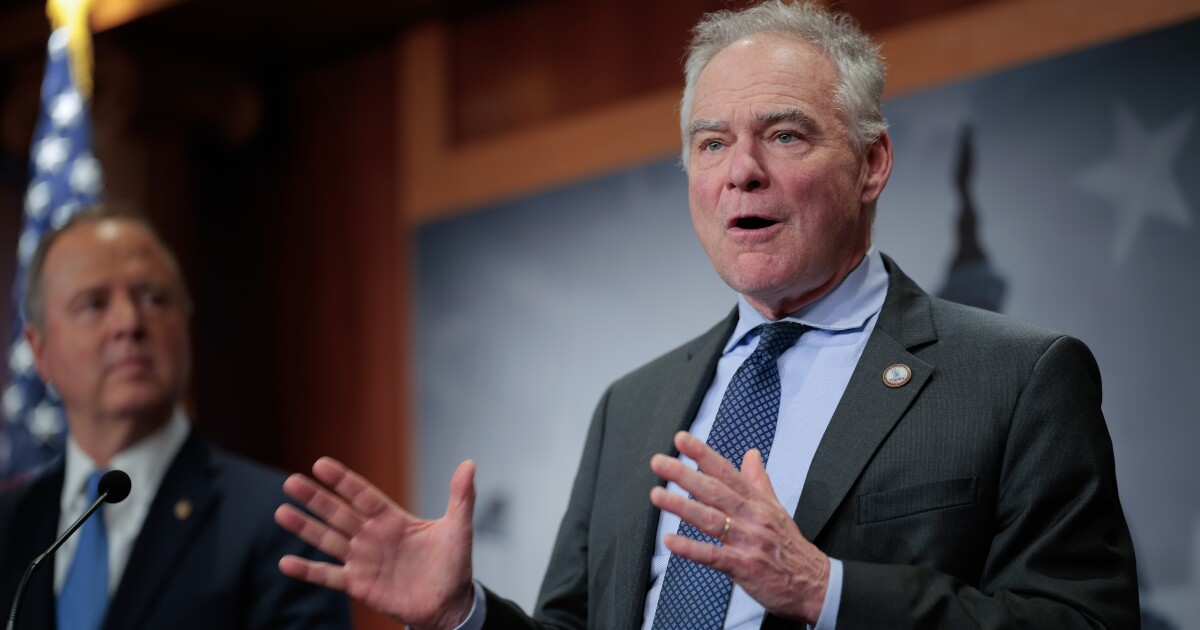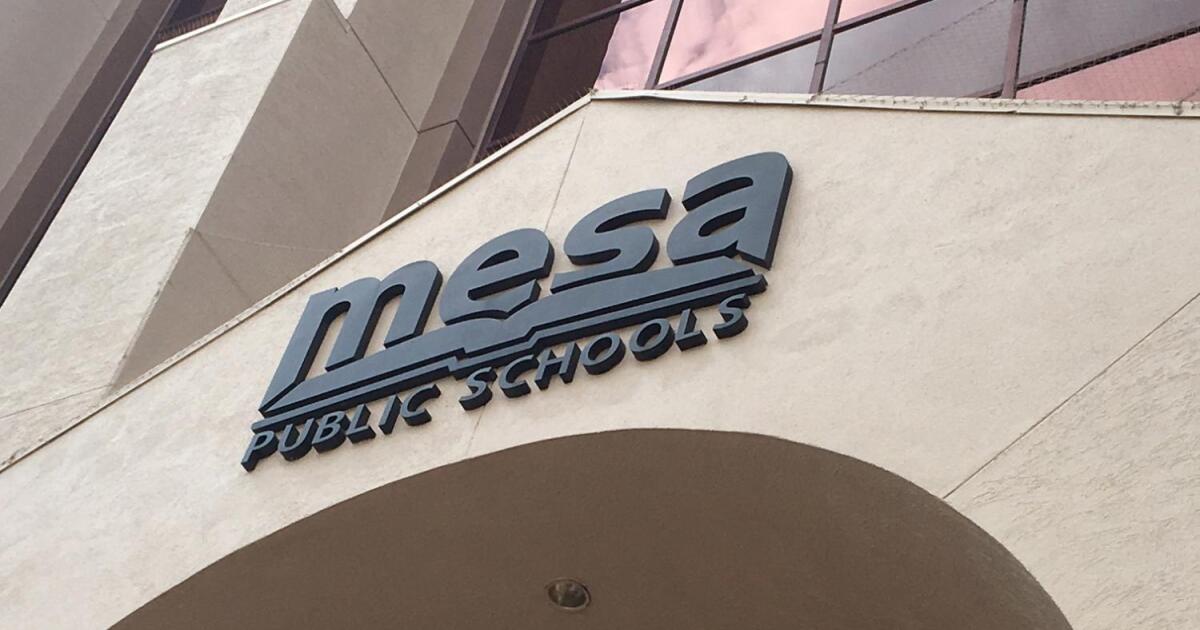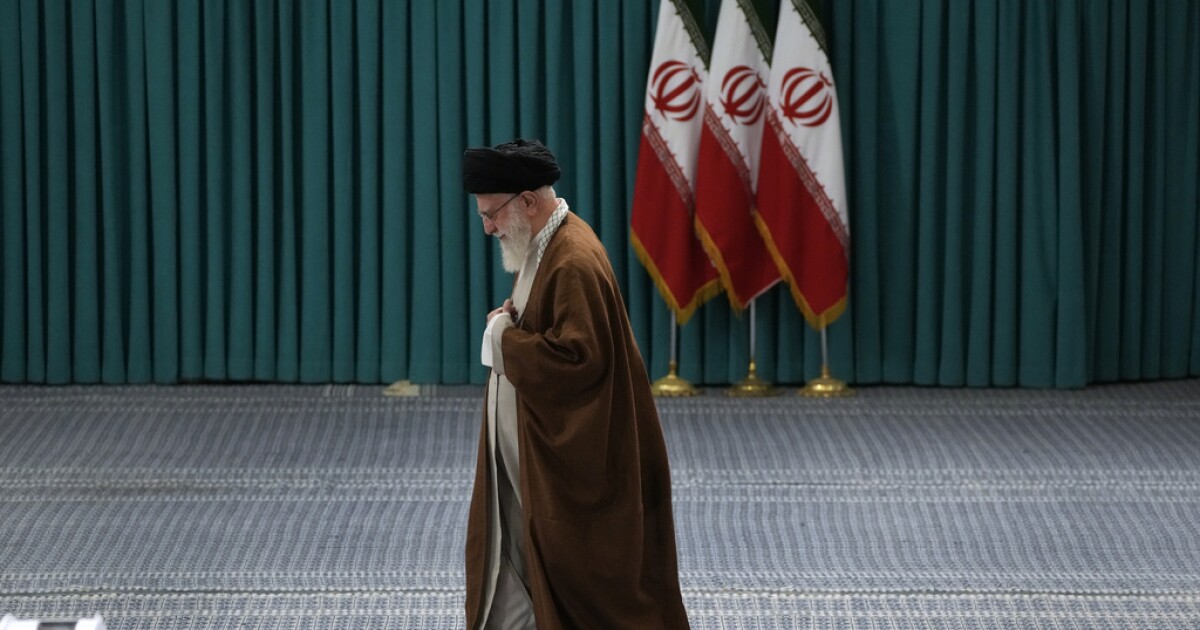Michigan’s Controversial Data Center Plan Faces Scrutiny
Michigan is at the center of a heated debate over a proposed data center in Washtenaw County, which is slated to be a part of OpenAI’s Stargate project. The massive endeavor has been labeled the largest investment in the state’s history, yet it is stirring controversy over its energy requirements.
The Michigan Public Service Commission has been asked to fast-track approval of two contracts by DTE Energy to provide the 1.4 gigawatts of electricity needed by the data center. However, Attorney General Dana Nessel is advocating for a more detailed review process.
“This does appear to be a rush job,” Nessel stated during an online roundtable discussion. “It does appear as though the intention of the public service commission is to rubber-stamp whatever DTE wants.” A representative from the commission declined to comment due to the ongoing nature of the case.
DTE Energy’s proposal, which claims there will be no increase in customer service costs, suggests that the contracts could be approved without public notice or hearing. Neal Foley, DTE’s director of electric marketing, supports the proposal, highlighting a long-term commitment that ensures financial contributions from the data center.
“A roughly 19-year PSA contract duration represents a significant commitment on behalf of the Customer to the Company and its other customers,” Foley emphasized. This commitment is aimed at covering the system costs for a substantial period.
Concerns have been raised by local communities about the impact on electricity usage and potential rate hikes for residents. DTE argues that the contracts, including minimum billing requirements, will ensure that the data center’s operator, Green Chile Ventures, a subsidiary of Oracle, covers the full costs.
Nessel, however, insists on a transparent review process. “Normally when utilities seek to raise rates or recoup costs of services, they go through a months-long process before the MPSC,” she explained, highlighting the importance of public scrutiny.
Environmental advocates like Charlotte Jameson from the Michigan Environmental Council stress the need for data centers to invest in renewable energy to meet climate goals. They fear that the data center could prompt the construction of power plants reliant on non-renewable sources.
Michael Moody, a division chief in Nessel’s office, described the expedited approval request as unprecedented. “This is kind of unheard of to have someone just say, ‘Hey, here’s the contract, believe us, trust us, this is it and this will protect you,’” Moody remarked.
The ongoing debate underscores the tension between economic development and environmental responsibility, with a decision pending that could set significant precedents for future projects.
Editor’s Note: DTE is one of Michigan Public’s corporate sponsors.
—
Read More Michigan News










